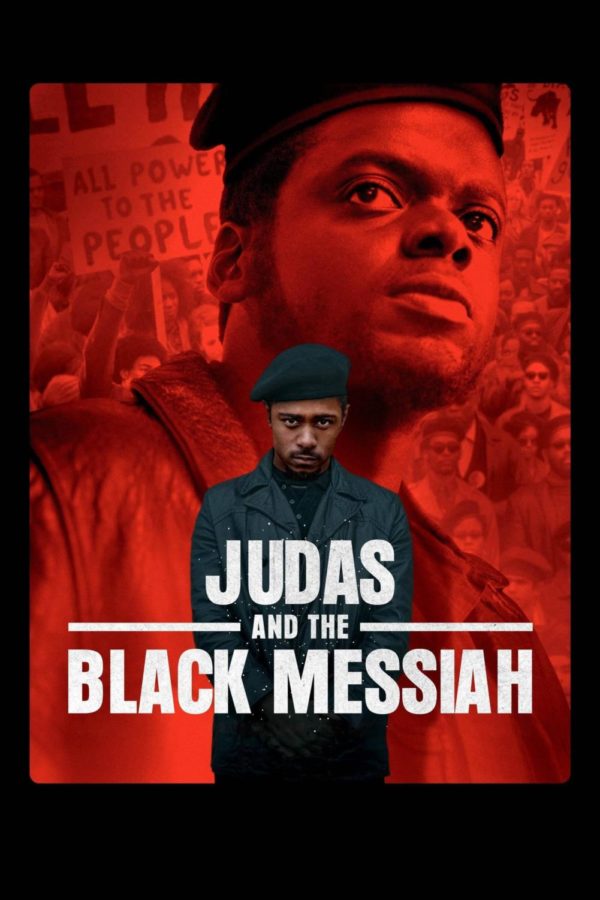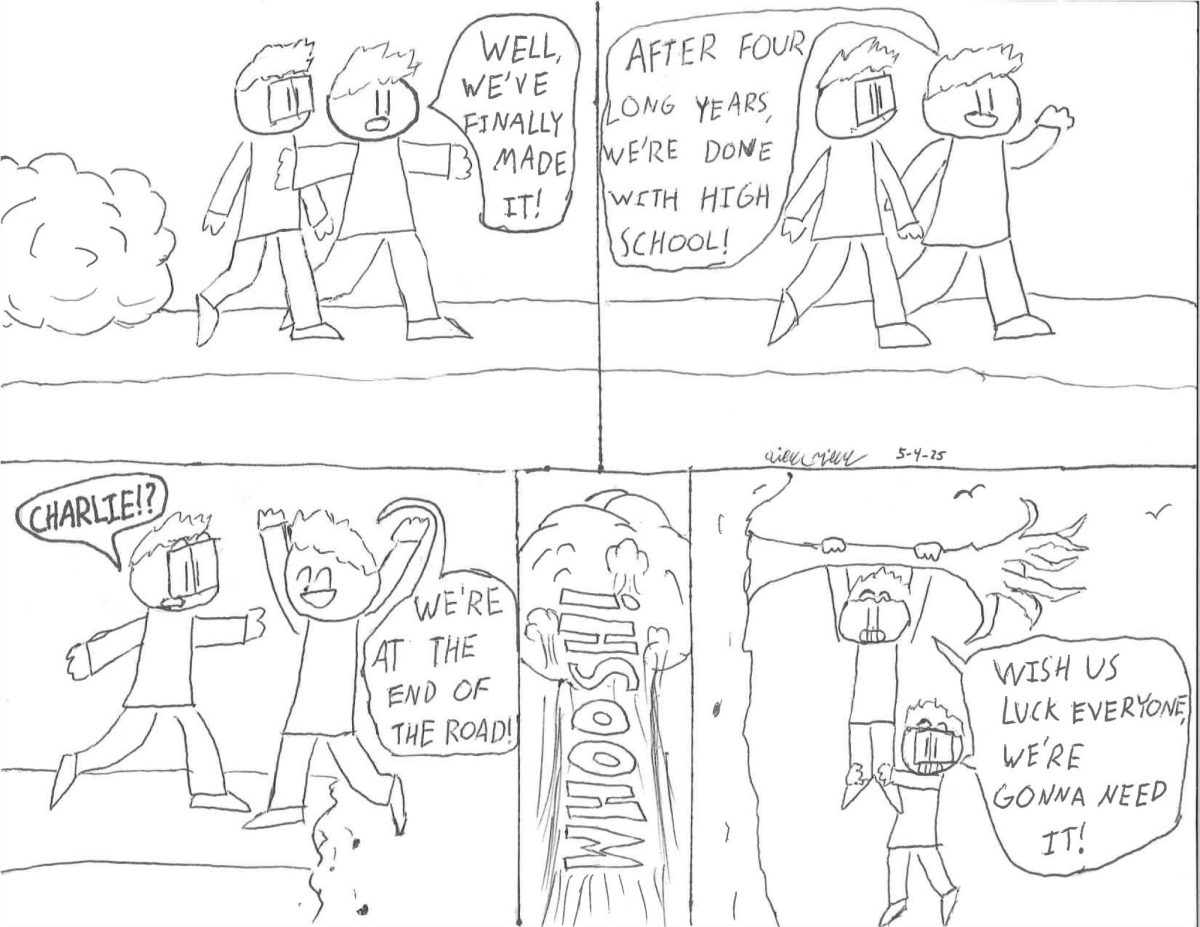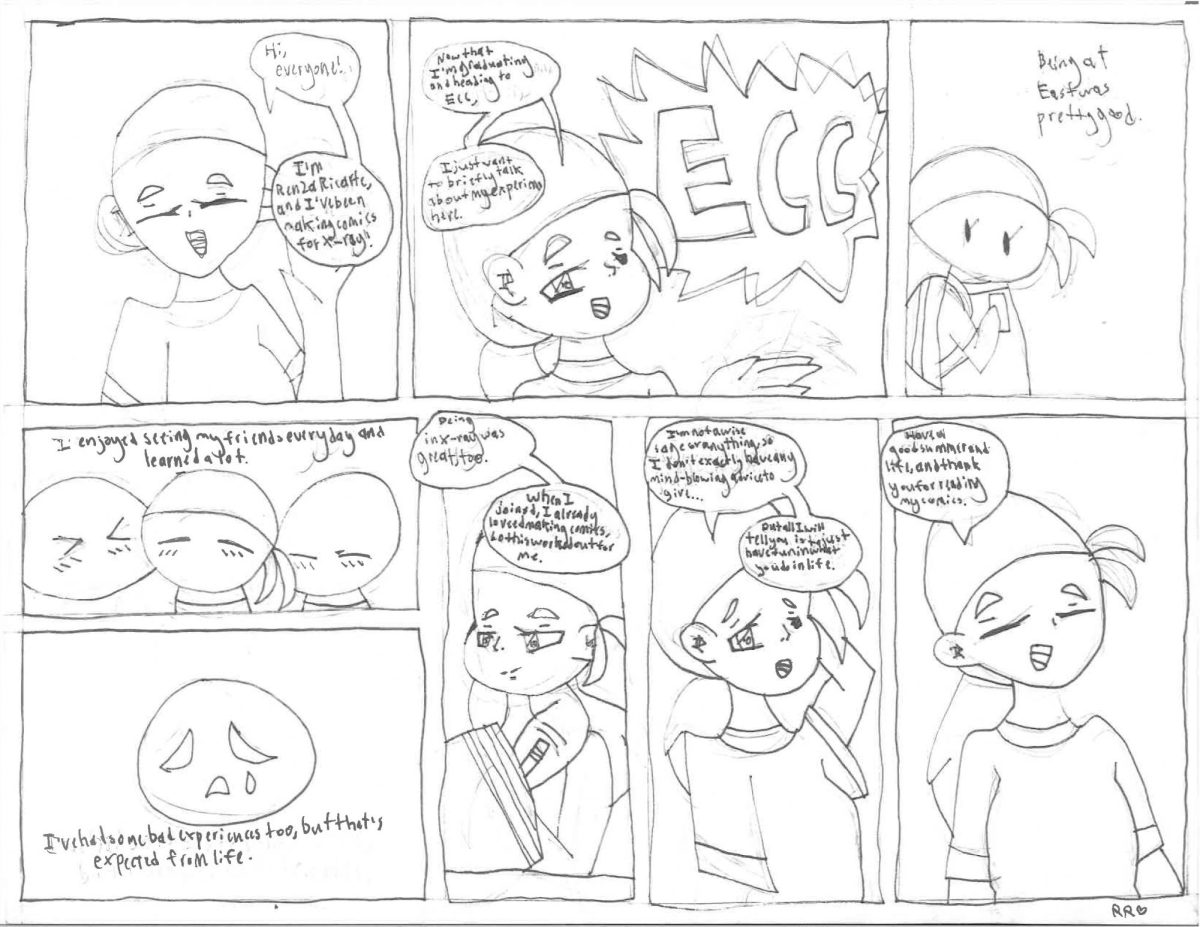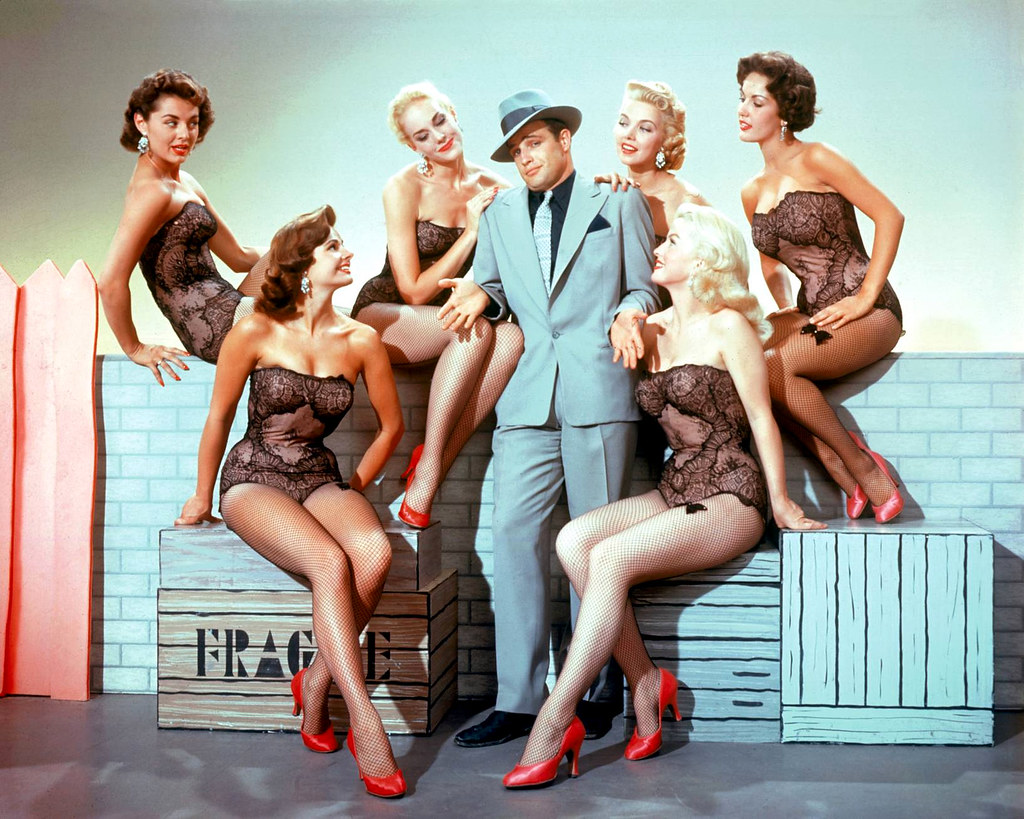February was Black History Month, and this year it brought us Judas and the Black Messiah, the true story of Fred Hampton, chairman of the Chicago chapter of the Black Panther Party, and William O’Neal, an FBI informant sent to infiltrate the group.
The movie is set in Chicago in 1968. The civil rights movement is often associated with the South, but there were important stories across the country. Chicago was, as the film reminds us, the most segregated city in the country. O’Neal, played by Lakeith Stanfield, has been impersonating an FBI agent in order to steal cars. “A badge is scarier than a gun,” he says. But O’Neal gets caught, and will face years in prison unless he agrees to help the FBI by joining the Black Panthers.
The Black Panther Party was a leftist Black Power organization that was founded in the mid-sixties in Oakland, California, and it quickly spread throughout the US. The Black Panther Party, which had been labelled a “hate group” by the FBI, became one of the primary targets of COINTELPRO, which sought to imprison, publicly humiliate, or even assassinate members of the Black Panther Party. Seeing an opportunity, the FBI uses Bill O’Neal as a way into the Chicago chapter of the Black Panthers.
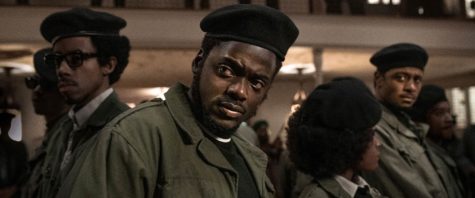
Fred Hampton is the head of the group, and O’Neal has to get as close to him as he can. Hampton, as well as his talents as a public speaker, is most known for founding the “Rainbow Coalition,” which united the Black Panthers with white and latino groups looking for social reform. Daniel Kaluuya won a Golden Globe for his performance as Fred Hampton, and he is fantastic. The charisma and strong will of a leader really comes through with this performance; Kaluuya lights up the screen every time he appears. Fred Hampton is the “black messiah” that J. Edgar Hoover warns the FBI about, and Daniel Kaluuya makes us believe it. This is where the weight of O’Neal’s situation starts to emerge. He does not want to go to prison, and the FBI tells him how dangerous the Black Panthers are, but is betraying Hampton the right thing to do?
This question is answered early in the picture: as soon as we see Fred Hampton, we know that he is the good guy, and O’Neal is Judas. This movie gives its message right away: it is not afraid to show the FBI as evil, or afraid to show the Black Panthers as good. But it is not as simple as that, which makes its argument more effective. The movie is from the point of view of O’Neal, and he is not a clear-cut villain. Hampton shows some faults, too, which are demonstrated through his relationship with Deborah Johnson, who is played very well by Dominique Fishback. The scenes with Deborah and Fred add a lot of color to the film, and get us to like Fred as a human, as well as a fighter for justice.
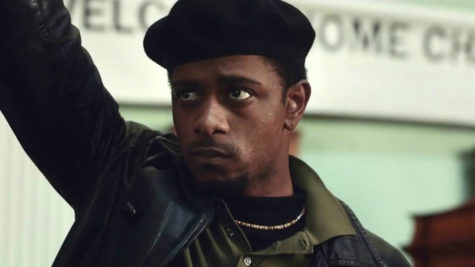
Jesse Plemons plays Roy Mitchell, the FBI agent who works with O’Neal, and is initially uncomfortable putting pressure on him. Even though O’Neal has to make up for his crime, Mitchell does not want O’Neal to get hurt by moving too fast and exposing himself as an informant. But the higher-ups want to dismantle the Black Panthers as soon as possible, which means getting as much out of O’Neal as they can. In one scene, J. Edgar Hoover, played by Martin Sheen, threatens Mitchell to make sure he gets O’Neal to cooperate. Now, Mitchell has no problem asking O’Neal to do things that might put him in harm’s way. Mitchell is forced by Hoover, and O’Neal is forced by Mitchell: the only way out is for O’Neal to do the job.
Bill O’Neal’s struggle, which is the main conflict of the film, feels underdeveloped. By the end of the movie, it is hard to know what O’Neal’s motivations were. When he joins the Black Panthers, he does a lot for the party and becomes one of its strongest members. It remains unclear: is he doing all of this just to keep his cover, or does he really believe in the cause? Part of this can be written off because it is a true story; ultimately, we do not know why Bill O’Neal betrayed the Black Panthers. Maybe he felt he was forced to by the FBI, maybe he just wanted to avoid a couple years in jail, or maybe he wanted to really be the FBI agent he had pretended to be. Lakeith Stanfield is good in this role, and his quiet, shifting performance makes us interested in a character we never learn a lot about.
Shaka King, writer and director of Judas and the Black Messiah, has created a compelling and convincing movie. The dialogue and editing are fast and fluid, which keeps the pace engaging throughout. Both the original score and soundtrack of pre-existing songs are excellent, and avoid any cliché or nostalgia. This goes for the rest of the picture, too: it strikes the right balance of seeming genuine to the time period without exaggerating it.
This is an unapologetically political film: it has a message, and it argues it effectively. The story of Fred Hampton is an important part of American history, and this movie does it justice.
Judas and the Black Messiah is streaming on HBO Max through March 14.


